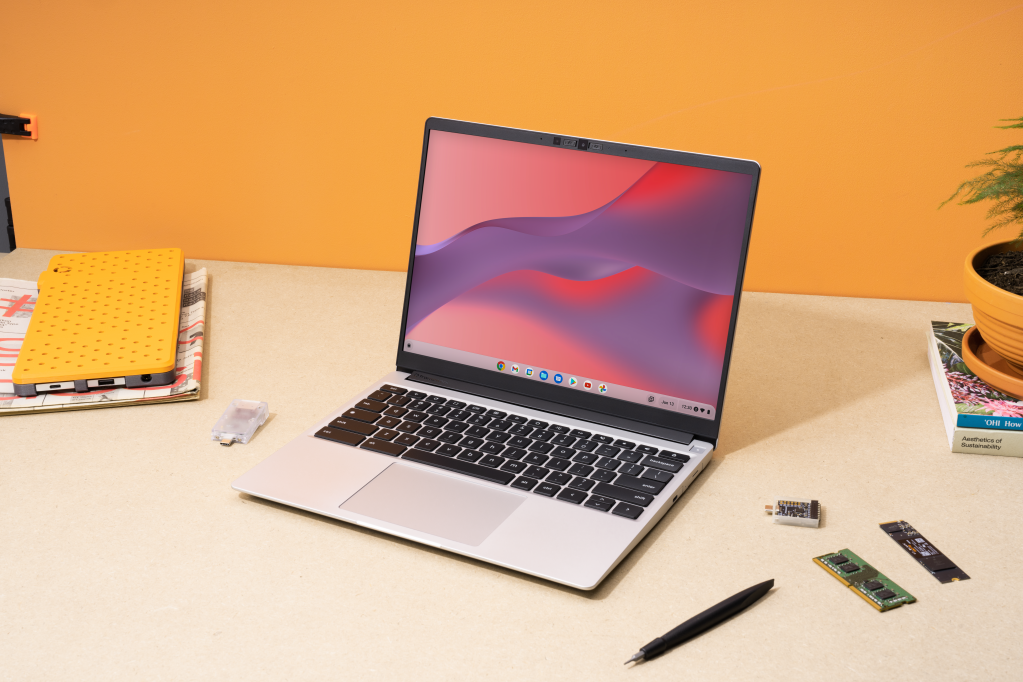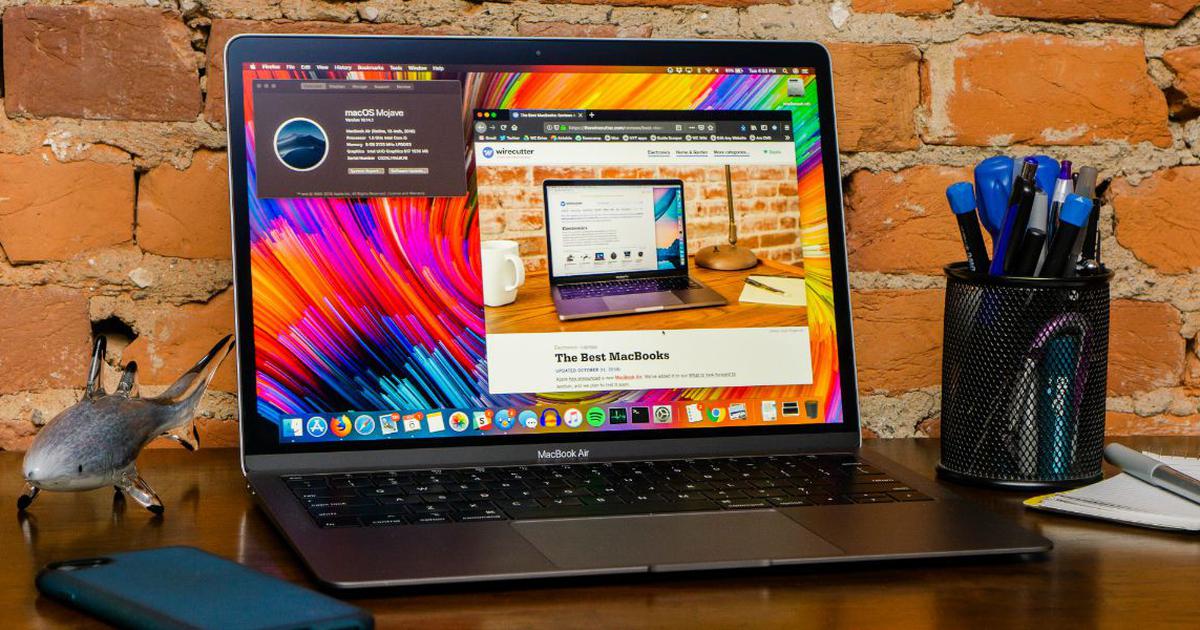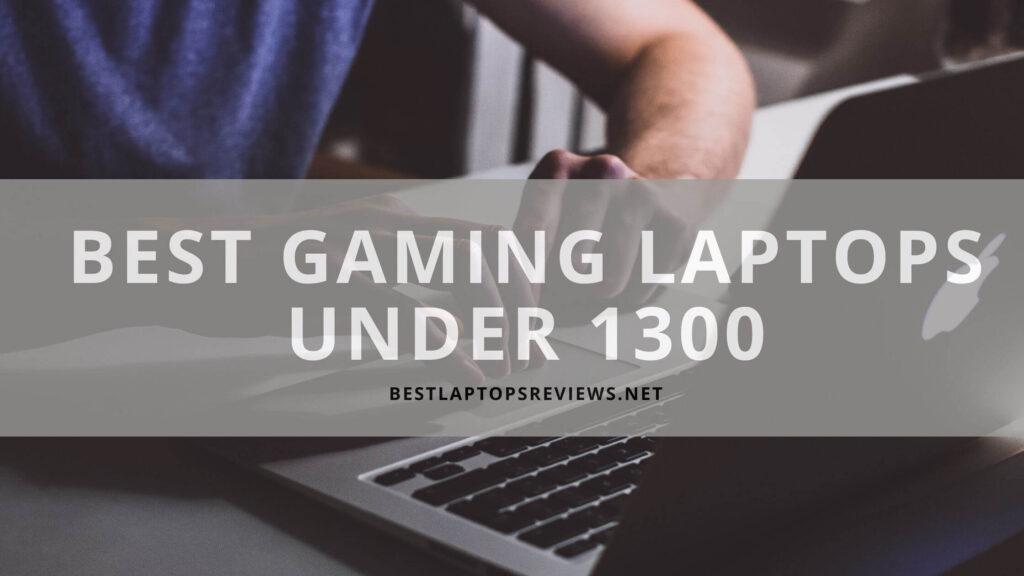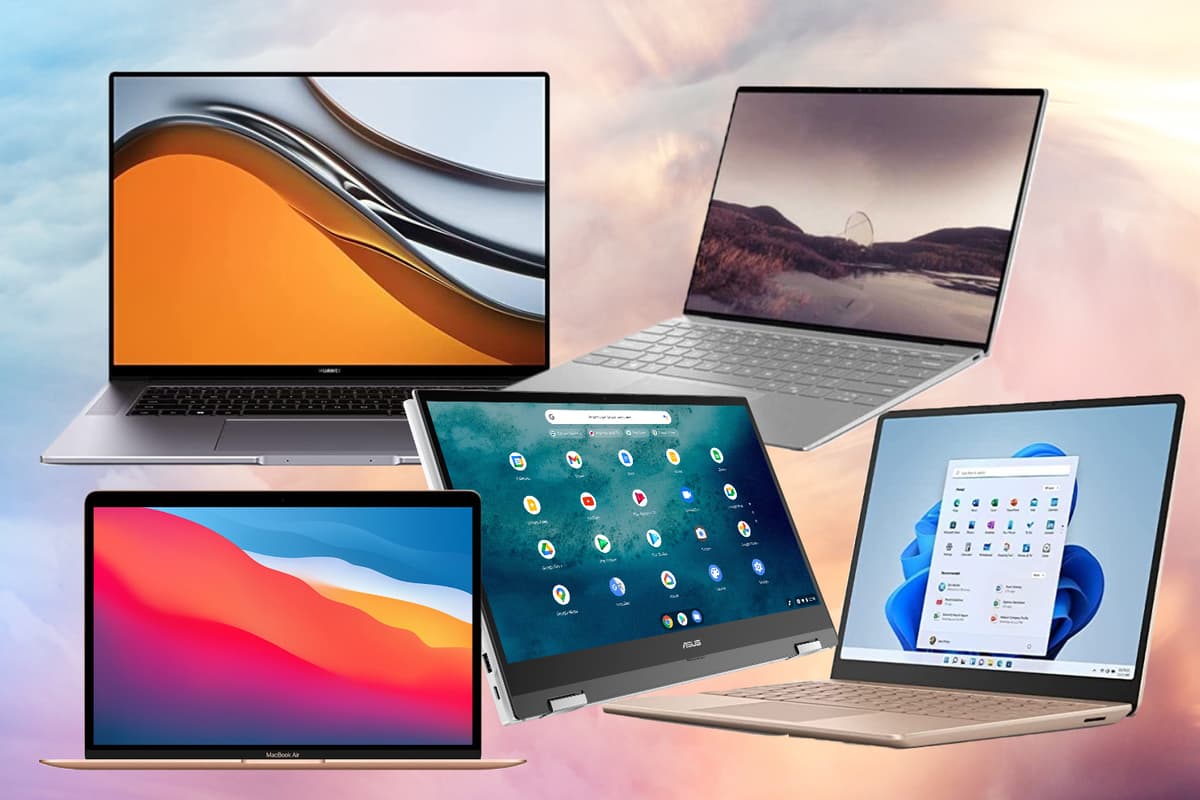In today’s digital age, a laptop is more than just a device; it’s your portable partner for work, study, creativity, and entertainment. Choosing the right laptop is a crucial decision, and with a vast array of options available, it can be overwhelming. In this comprehensive guide, we will walk you through the essential factors, features, and specifications to consider when selecting the perfect laptop for your unique needs. Whether you’re a student, professional, gamer, or creative, we’ve got you covered.
Understanding Your Use Case
Work and Productivity
If your primary use case is work and productivity, consider a laptop with a comfortable keyboard and a high-resolution display for multitasking. Look for solid performance, sufficient RAM, and a durable build.
Entertainment and Multimedia
For entertainment and multimedia enthusiasts, a laptop with a vibrant display, good speakers, and ample storage for movies, music, and games is essential. A dedicated GPU is a bonus for gaming and video editing.
Creativity and Content Creation
Creative professionals need a laptop with a powerful CPU, ample RAM, and high-resolution display for tasks like photo and video editing, graphic design, and 3D modeling.
Gaming
Gaming laptops require a dedicated GPU, fast refresh rates, and a comfortable keyboard. The CPU should also be robust to handle modern games.
On-the-Go and Portability
If you need a laptop for on-the-go use, prioritize size, weight, and battery life. Consider an ultrabook or a 2-in-1 laptop for maximum portability.
Key Factors to Consider
Budget
Determine your budget range, but remember that laptops are an investment. A slightly higher budget can often get you a laptop with better specifications and longevity.
Operating System (OS)
Choose between Windows, macOS, Chrome OS, or Linux. The OS will impact your laptop’s capabilities and user experience.
Screen Size
Laptops come in various screen sizes, from compact 11-inch models to larger 17-inch displays. Consider a size that suits your needs and preferences.
Resolution
Higher resolution displays offer sharper visuals. Common resolutions include Full HD (1920×1080) and 4K (3840×2160).
Build Quality
Well-built laptops with durable materials tend to have longer lifespans. Consider build quality when evaluating a laptop’s performance.
Battery Life
Battery life determines how long you can use the laptop on the go. Look for laptops with longer battery life if you need portability.
Laptop Specifications Demystified
Understanding laptop specifications is crucial in making an informed choice. Let’s break down the key specifications you’ll encounter:
Processor (CPU)
- Brand: Intel and AMD are the major CPU manufacturers. Each brand offers a range of processors with varying performance levels.
- Model: Specific processor models provide detailed information about the CPU’s generation and capabilities.
- Cores and Threads: Multi-core processors handle multiple tasks simultaneously. More cores and threads are crucial for multitasking and heavy workloads.
- Clock Speed (GHz): The clock speed represents the processor’s speed. Higher clock speeds generally mean better performance.
Memory (RAM)
- Capacity (GB): RAM is available in various capacities, typically starting from 4GB and going up to 32GB or more. More RAM allows for smoother multitasking and better performance with resource-intensive applications.
Storage
- Type: Choose between HDD and SSD. SSDs are recommended for faster data access and improved overall performance.
- Capacity (GB or TB): Storage capacity varies widely. Depending on your needs, you can opt for smaller SSDs or larger HDDs.
Graphics Processing Unit (GPU)
- Type: Integrated graphics are sufficient for general use, while dedicated GPUs are essential for gaming and graphics-intensive tasks.
- Model: Specific GPU models (e.g., NVIDIA GeForce RTX 3060) provide information about the GPU’s capabilities.
Additional Features
Keyboard and Touchpad
Test the keyboard for comfort and responsiveness. The touchpad or trackpad should be precise and easy to use.
Connectivity
Check the available ports and connections, such as USB, HDMI, and audio jacks. Ensure your laptop has the necessary ports for your devices.
Cooling System
Effective cooling systems prevent overheating and ensure stable performance during demanding tasks.
Operating System (OS)
The operating system (OS) manages all hardware and software. Choose an OS that suits your needs.
Thermal Design
The laptop’s thermal design affects how efficiently it manages heat. Proper heat dissipation is crucial for sustained high performance.
The Importance of Research
Before making a decision, research and read reviews to find laptops that match your criteria. Comparing laptops based on specifications and features will help you make an informed choice.
It’s essential to consider future needs, as well. Think about how your laptop requirements may evolve over time, and invest in a laptop that can accommodate those changes.
Conclusion
Choosing the right laptop is a significant decision that can greatly impact your daily life, whether for work, study, entertainment, or creativity. By understanding the key factors, features, and specifications discussed in this guide, you can confidently select a laptop that perfectly aligns with your unique needs and preferences.
Remember that an informed choice results in a laptop that enhances your productivity, creativity, or entertainment, making it the ideal portable partner to match your lifestyle.




